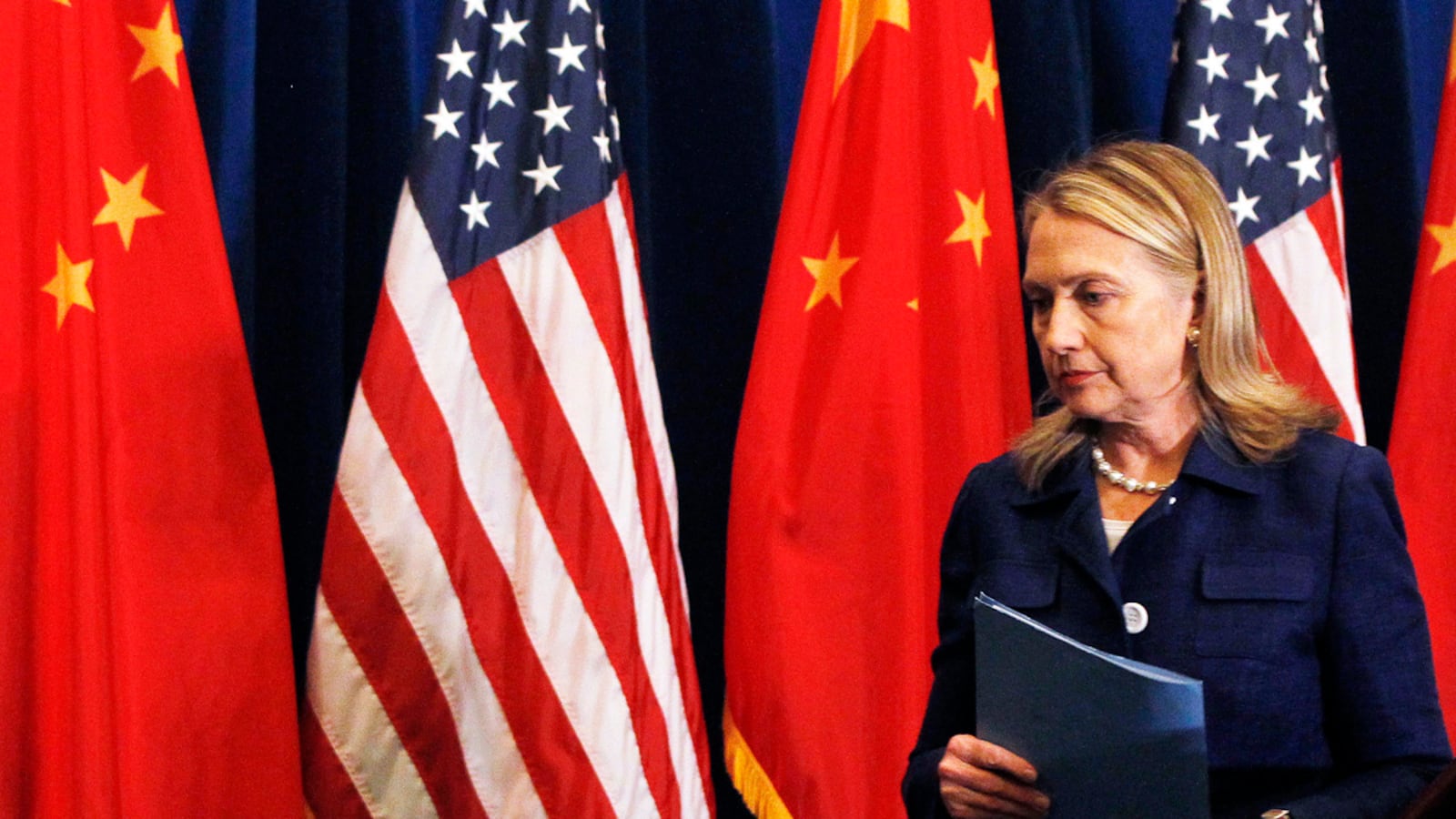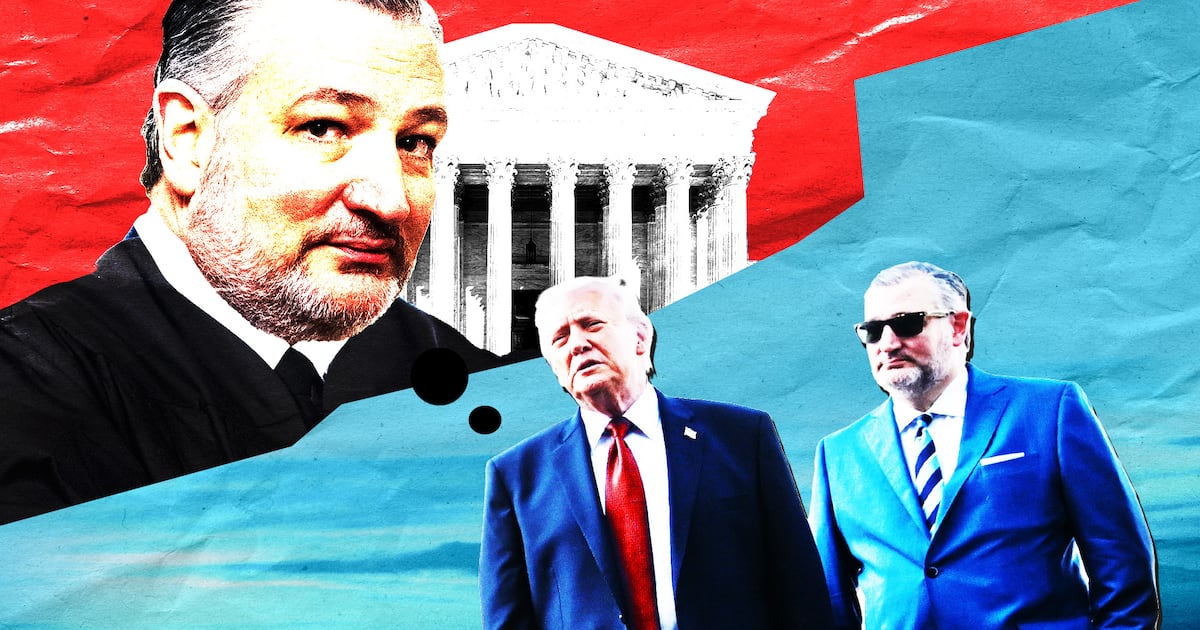Is the White House trying to insulate the president from the unfolding drama in China?
Of course they are.
The uneasy compromise reached today over Chinese dissident Chen Guangcheng’s request for asylum in the U.S. presents a serious political vulnerability for the president who has recently and increasingly made his record on foreign affairs a prime argument in his reelection bid.
Coinciding with Secretary of State Hillary Rodham Clinton and Treasury Secretary Tim Geithner’s visit to China for meetings on security and economic issues, the ongoing struggle to find a diplomatic solution to the case of Chen Guangcheng has put Secretary Clinton directly in the crosshairs and made her the subject of criticisms that she has not gone as far as she could to protect Chen and his family, who he says have been threatened by Chinese authorities.
Meanwhile the White House has gone to great lengths to insulate the president from the unfolding drama in China.
On Friday Secretary of State Hillary Clinton announced that she’s pleased that China announced it will let blind activist Chen Guangcheng apply to study abroad--marking the second time in three days that American officials thought they had an agreement, with firm guarantees, from the Chinese side.
This latest compromise is unlikely to get substantial direct comment from the White House, save general approval of the ultimate result achieved, as the president has been all too happy to leave Secretary of State Hillary Clinton to deal with the fiasco and maintained his administration’s silence on Chen Guangcheng’s fate when asked about it at a joint news conference with Japanese Prime Minister Yoshihiko Noda on Monday.

His silence is a political judgment designed to try to stem any erosion in his political position from a foreign policy snafu that casts a shadow over what had been a weeklong foreign-policy victory lap by the Obama administration–from the one-year anniversary of Osama bin Laden’s killing to the president’s surprise visit to Afghanistan.
Indeed, it could not have come at a more inopportune moment for the president–threatening to undo much of the goodwill that the White House has enjoyed from what was justifiably a big success with the one-year anniversary of the Osama bin Laden raid.
Elections are always referenda on the incumbent, and the findings from the most recent Washington Post/ABC News poll that a majority of voters are still deeply pessimistic about the overall direction of the country and largely consider the economy still mired in a recession only underscores the difficulty he will have in making the case that what he’s done in the past four years has made a positive difference.
The swing state polling that was released this week in a new Quinnipiac University poll shows a virtual tie in Florida, with Romney leading 44 percent to Obama’s 43 percent.
Ohio is also a virtual tie in Quinnipiac’s new polling, with Obama leading by a 44-to-42 percent margin.
To be sure, the latest NBC News/Wall Street Journal poll released last Friday shows the president leading Mitt Romney on being “easygoing and likable” 54 percent to 18, but his ratings remain low when it comes to competence.
Most concerning of all for the White House is that the president has lost serious ground when it comes to his handling of key issues like the economy and jobs--with about as many trusting Romney on the issues.
President Obama’s ratings on foreign policy are much better than his weak ratings on domestic policy, and that is why the administration has begun a “we can’t wait” initiative, to demonstrate the president’s leadership and willingness to act unilaterally.
The White House understands and acknowledges that weakness, and that is why the greatest effort of his team has been to try to keep the tension away, and they have sloughed off any specific comment about Chen.
Put simply, the effort to insulate the president from the unfolding drama in China is a political judgment designed to try to stem any erosion in his political position amidst the backdrop of a deteriorating economy.






